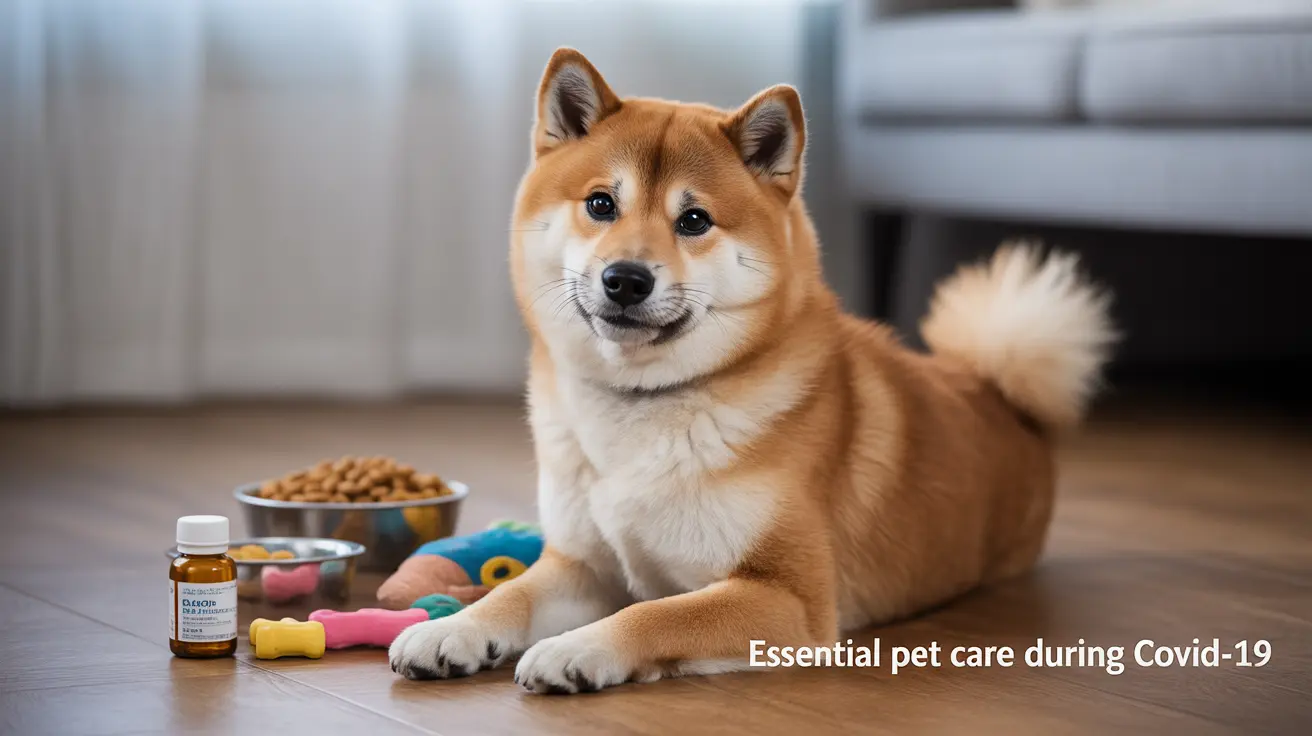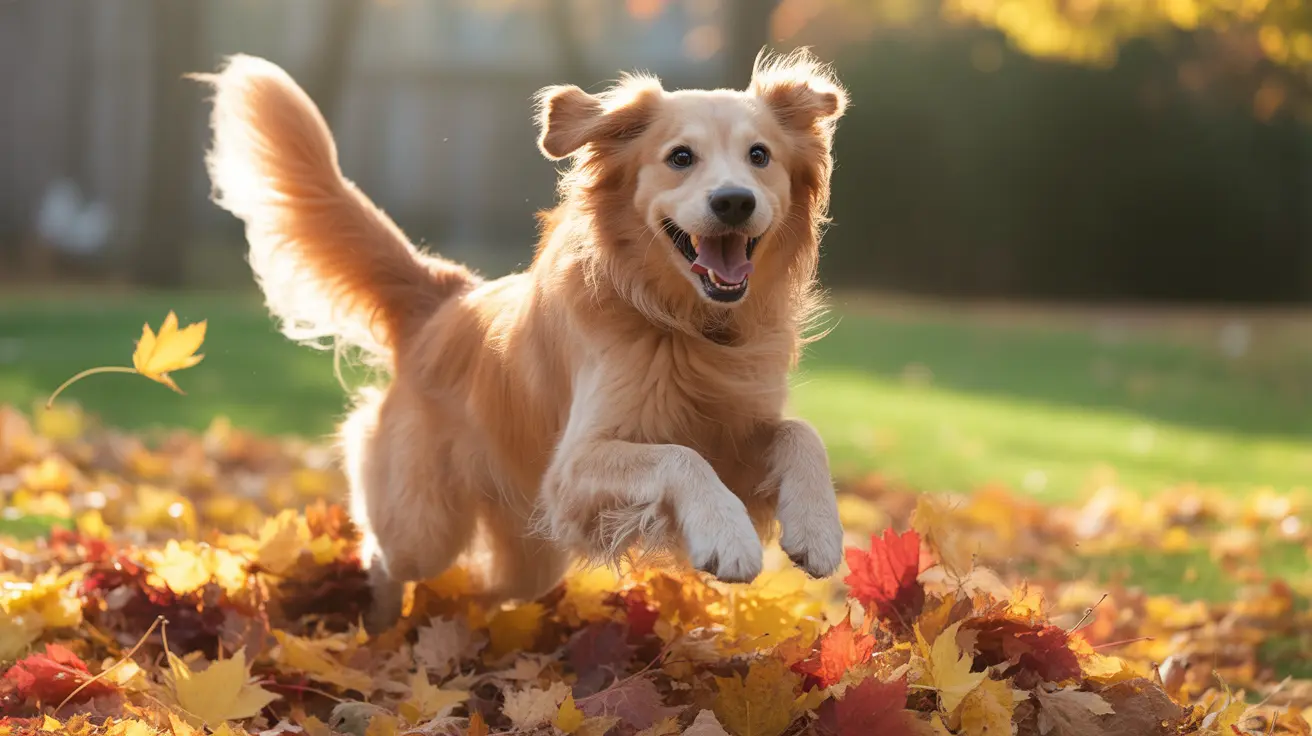Understanding COVID-19's Impact on Pets
As we continue navigating the complexities of COVID-19, pet owners naturally worry about their furry family members. Dr. Katy Nelson, senior veterinarian at Chewy, has been at the forefront of providing expert guidance on pet care during these challenging times.
The latest research as of 2025 brings reassuring news: while a small number of pets have tested positive for COVID-19 after exposure to infected humans, there's no evidence that pets can transmit the virus to people. However, precautions remain important for everyone's safety.
Dr. Katy Nelson's Expert Recommendations
As a leading voice in veterinary medicine, Dr. Katy Nelson emphasizes the importance of maintaining routine care while taking necessary precautions. She recommends creating a comprehensive emergency plan for your pets, including maintaining a 2-4 week supply of essential items like food, medications, and preventative treatments.
According to Dr. Nelson, one of the most crucial aspects of pet care during the pandemic is maintaining consistency in their daily routines. This helps reduce stress and anxiety that pets might experience due to changes in their environment or their owner's schedule.
Essential Precautions for Pet Owners
If you test positive for COVID-19, Dr. Nelson advises implementing specific safety measures to protect your pets:
- Limit direct contact with your pets while sick
- Have another household member take over pet care duties if possible
- Maintain proper hygiene practices, including hand washing before and after handling pets
- Avoid kissing, hugging, or sharing food with your pets while infected
- Ensure proper ventilation in shared spaces
Managing Pet Healthcare During the Pandemic
Dr. Katy Nelson has helped develop protocols for safe veterinary care access during COVID-19. These include:
- Utilizing telemedicine services when appropriate
- Following modified procedures for in-person veterinary visits
- Maintaining preventative care schedules while observing safety protocols
- Identifying true emergencies versus non-urgent care needs
- Keeping pet vaccinations current to prevent other health issues
Frequently Asked Questions
Can my pet catch COVID-19 from me if I have the virus?
While it's possible for pets to contract COVID-19 from infected humans, cases are rare and symptoms are typically mild. Dr. Katy Nelson recommends limiting contact with pets if you're infected, just to be safe.
How can I safely care for my pet if I have COVID-19?
Have another household member care for your pet if possible. If you must provide care yourself, wear a mask, wash hands frequently, and avoid close contact like kissing or sharing food.
What precautions should I take to prevent my pet from getting COVID-19?
Follow basic hygiene practices, maintain social distancing when walking dogs, and limit your pet's interaction with people outside your household if COVID-19 cases are high in your area.
Can pets transmit COVID-19 to humans?
There is no evidence that pets can transmit COVID-19 to humans. The risk appears to be from humans to animals, not the other way around.
How can I help my pet adjust to changes in routine during COVID-19 isolation?
Maintain regular feeding and exercise schedules, provide enrichment activities, and make any necessary changes to routines gradually to help your pet adjust.
Conclusion
Dr. Katy Nelson's expertise continues to guide pet owners through the evolving landscape of COVID-19. While the risk to pets remains low, following professional guidance and maintaining precautionary measures ensures the health and safety of both pets and their human family members.
Remember to stay informed through reliable sources, maintain your pet's routine care, and consult with your veterinarian about any specific concerns regarding your pet's health during these times.






